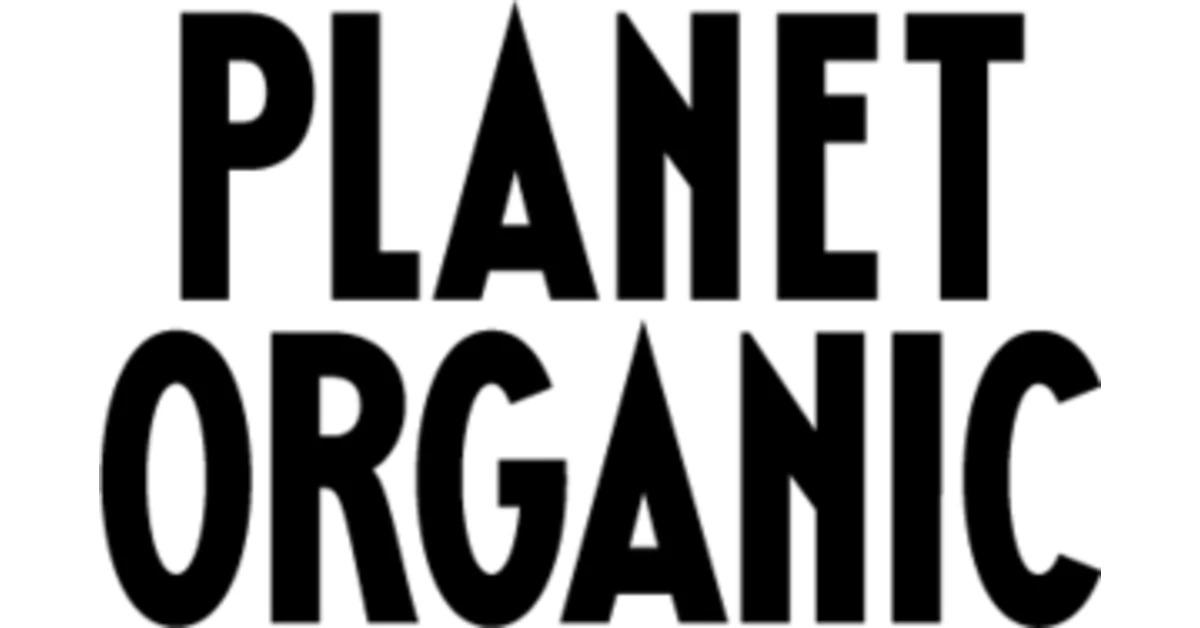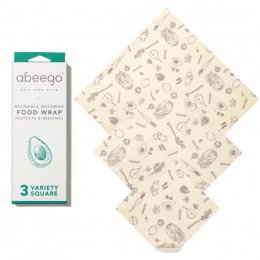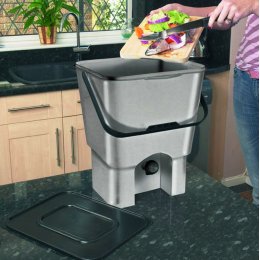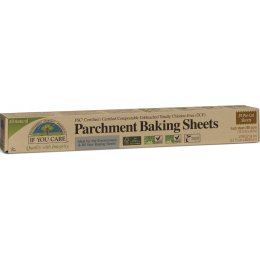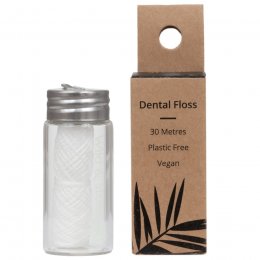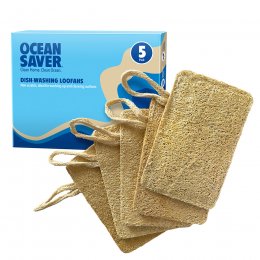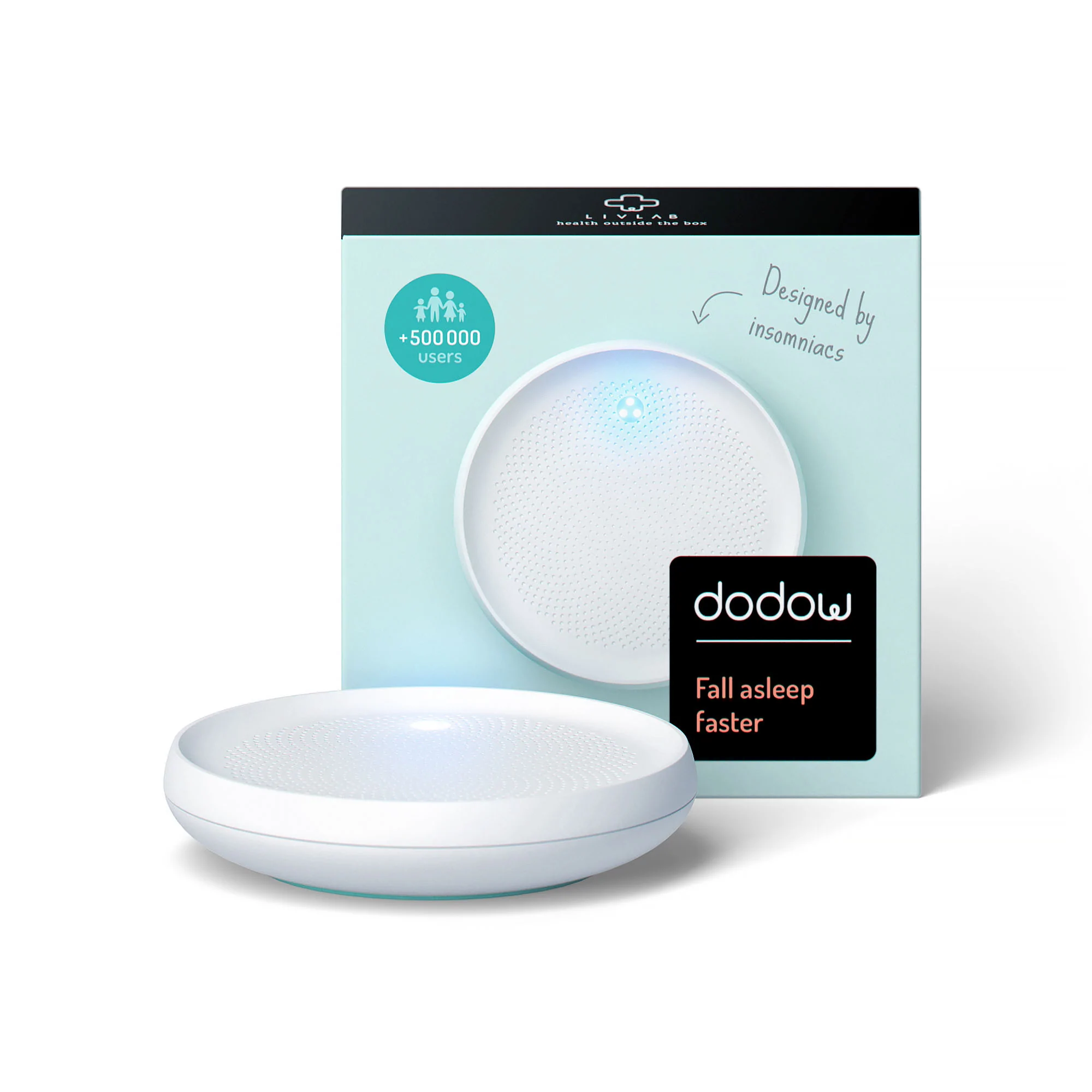Packaging Guide
October 26 2022 - Last updated April 10 2023

With 8 billion humans on planet Earth, the choice of materials used to package the world’s products is critical to preventing pollution. The good news is that this problem is now widely recognised and a large number of scientists and companies are working feverishly on the problem.
Avoiding cling film
Cling film / plastic wrap is a popular household item used to cover food items and keep them fresh. While cling film is generally considered safe to use, there are some health concerns associated with it:
- Chemical migration: Cling film is made from polyvinyl chloride (PVC) or low-density polyethylene (LDPE) and can leach chemicals such as phthalates and bisphenol-A (BPA) into the food it is in contact with. These chemicals are known endocrine disruptors and can have harmful effects on human health.
- Heat: When cling film is heated, it can release harmful chemicals into the food. It is not recommended to use cling film in the microwave or oven as it can melt and release toxic fumes.
- Suffocation hazard: Cling film can pose a suffocation hazard, especially for young children and pets, as it can cling to their faces and cause breathing difficulties.
- Environmental impact: Cling film is a single-use plastic that is not biodegradable and can contribute to environmental pollution.
To reduce the health risks associated with cling film, it is recommended to use alternative food storage options such as glass containers, silicone food wraps, or beeswax wraps. When using cling film, it is important to follow the manufacturer’s instructions and avoid using it in the microwave or oven. It is also recommended to avoid wrapping hot or acidic foods in cling film, as they can cause chemical leaching.
Catering packaging
Commonly used eco-packaging materials for catering purposes include:
- Sugarcane Bagasse – raw material comes from by-products of sugar cane processing. These raw materials have been processed for the best part of a century to make animal food, paper and board, and packaging.
- PLA (Polyactic acid) – derived from tapioca, corn starch or sugarcane, PLA is used to make medical implants as well as packaging.
- Paper/card from sustainable sources – if the products to be packaged are dry, regular paper/card is a proven and well-understood packaging material. One of the benefits is that local councils will often have specific collection channels in place for paper, whereas they might not yet have dedicated composting services for compostable packaging.
- Areca Palm leaves – Indian palm trees’ leaves are collected, washed, heated with steam and pressed into boxes as well as plates and bowls.
- Plant-based films – bioplastic films such as Mater-BI used in agriculture as well as for packaging
Eat your packaging!
Edible food packaging materials are a relatively new concept that is gaining popularity as an eco-friendly and sustainable alternative to traditional packaging materials. These are made from food-based ingredients, such as proteins, polysaccharides, and lipids, that are safe for human consumption. Some examples of edible food packaging materials are:
- Edible films: These are thin films made from ingredients such as potato starch, cellulose, and proteins, which can be used to wrap food products like cheese, fruits, and vegetables.
- Edible coatings: These are edible materials applied to the surface of food products to provide a protective layer. For example, coatings made from lipids can be used to protect foods like meats and cheeses.
- Edible pouches: These are pouches made from edible materials that can hold liquids, such as juice, water, or even alcoholic beverages.
- Edible cutlery: These are utensils made from edible materials such as rice, wheat, and corn flour that can be eaten after use.
The advantages of edible food packaging materials are that they are biodegradable, compostable, and reduce the amount of waste generated by traditional packaging materials. They are also safe for human consumption and can add nutritional value to food products.
Related products
Abeego Reusable Food Wraps - Variety Square - 3 Wraps
£ 15.99
These sustainable reusable food wraps are made from a hemp and certified organic cotton cloth, great for keeping food fresher for longer.

Twin Pack Bokashi Compost Bin
£ 27.96
The Bokashi Bin (also known as the Kitchen Composter) is a product which allows you to home compost ALL your kitchen waste including fish, cooked or raw meat and dairy products as well as any other organic material.

If You Care Compostable Unbleached Parchment Baking Sheets
£ 4.39
Silicone coated paper is the environmentally friendly option when it comes to parchment paper, many leading brands are coated with quilon which is a chemical containing chrome, a heavy metal which when incinerated becomes toxic and leaves trace elements.

Wild & Stone Refillable Corn Starch Dental Floss - Mint
£ 4.95
Vegan, eco-friendly refillable Corn Starch Dental Floss from Wild & Stone.

OceanSaver Dish Washing Loofahs - 5pk
£ 7.99
These non-scratch biodegradable loofahs are ideal for washing up and cleaning surfaces without plastic waste.

Dodow Sleep Aid each
£ 48.99
"A must-have for insomniacs or those who suffer with stress-related sleep issues, Dodow is a discreet and simple to use gizmo that helps you to utilise relaxation therapy, meditation and yoga methods to help you fall asleep faster.
